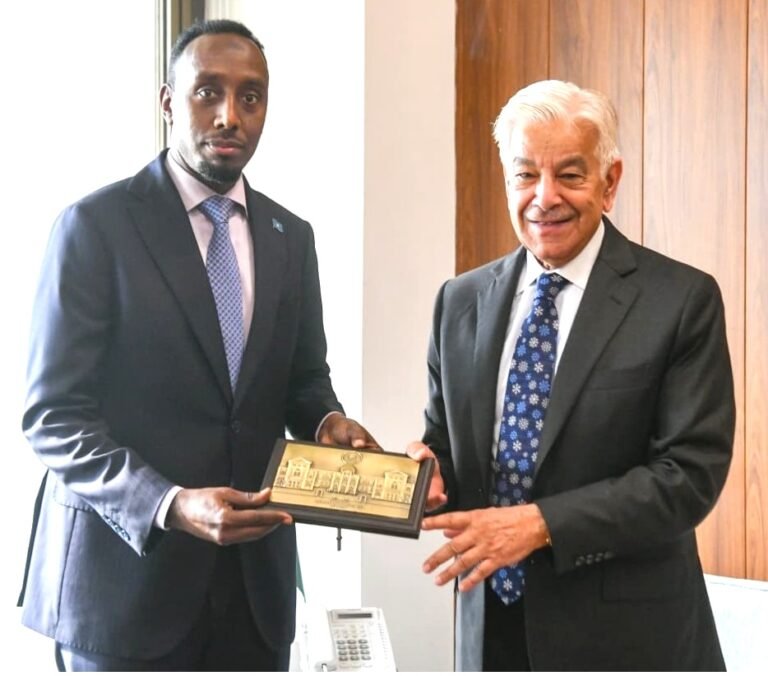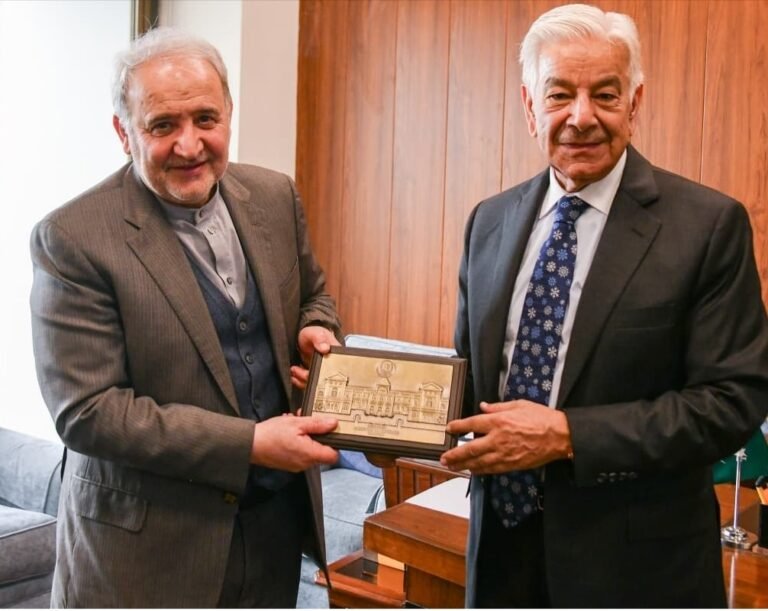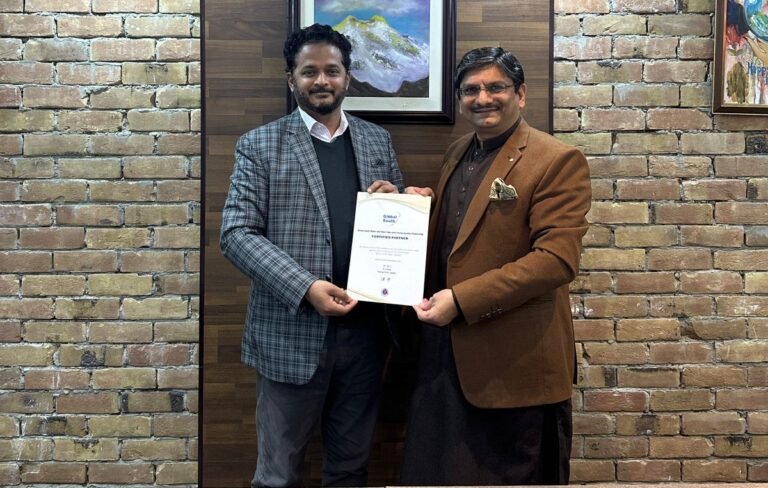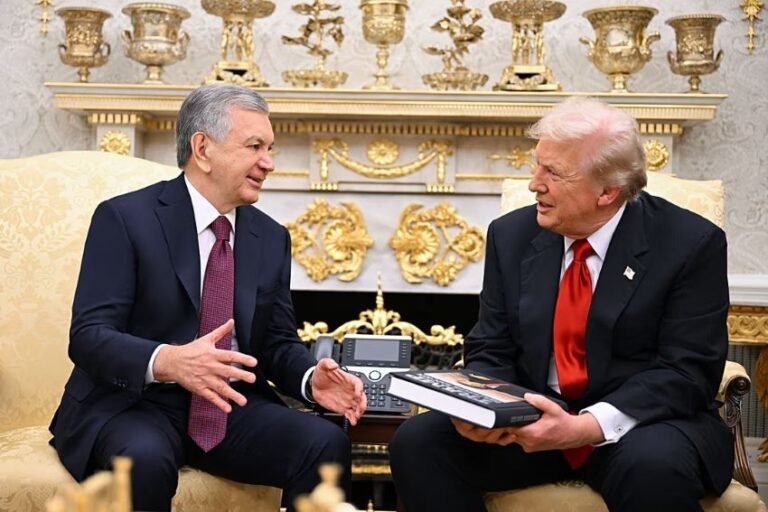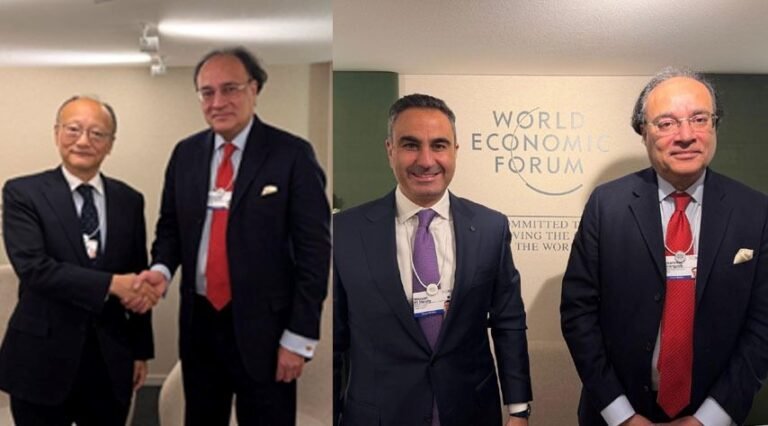Paris, 19 November 2021 (TDI): On the 17th of November, the United Nations Educational, Scientific and Cultural Organization; elected Azerbaijan as part of the UNESCO Executive Board for the 2021-2025 period.
41st SESSION OF UNESCO
These elections were held on Wednesday for the 41st session of the UNESCO General Conference. The nomination of the Republic of Azerbaijan was under the Eastern European Group, which had three vacancies. Amassing 143 votes in this highly competitive region, Azerbaijan claimed a seat for itself in the Council. The last time the country was a member of the UNESCO Executive Board, was from 2005 to 2009.
Congratulations! #Azerbaijan is elected to #UNESCO Executive Board for 2021-2025. 🇦🇿 https://t.co/rqmaqq7eW5
— Leyla Abdullayeva (@LAbdullayevaMFA) November 17, 2021
The Foreign Ministry stated that the fact that its candidacy counted with big support is an indicator of the global assessment. The global assessment is related to the attention that Azerbaijan paid to the pillars of UNESCO. This meant that Azerbaijan paid attention to science, education, culture, and also the protection of the cultural heritage.
HISTORY WITH UNESCO
Azerbaijan initially became a member of UNESCO in the year 1992, after its independence. The National Commission was founded in 1994, under a decree signed by Heydar Aliyev, former President of Azerbaijan then. Azerbaijan participated in several UNESCO conventions. Those conventions were on the preservation of traditional heritage and recognized the specialties present in higher education, degrees, and also diplomas.
As a result, this enabled Azerbaijan to become one of UNESCO’s donors. The nation has been working consistently to improve its developments in these areas, and these attempts are starting to bear fruit.
Azerbaijan established the Ministry of Culture and Tourism through a mandate of President Ilham Aliyev, in 2016. Furthermore, the World Heritage List added Baku’s Old City and Gobustan National Park in the years 2000 and 2007, respectively.
Azerbaijan and UNESCO signed a cooperation agreement to strengthen their collaboration in the sectors of education, culture, communication, and science, in 2013. UNESCO has recognized and included Azerbaijan’s dolma as Intangible Humanity Cultural Heritage, in 2017. Later in 2021, UNESCO included the Lankaran region in the list of the Network of Creative Cities.
FINAL STATEMENTS
The Ministry also thanked the Member-States that supported the candidacy of the country. UNESCO elected or re-elected several other countries for the 2021-2025 term for its Executive Board. Among those countries were Turkey, India, Vietnam, etc…
International Relations student at the Universidad de Navarra in Spain. Main interests are the work of International Organizations like the UN in the scope of humanitarian assistance to vulnerable human beings and the environment
- This author does not have any more posts.



